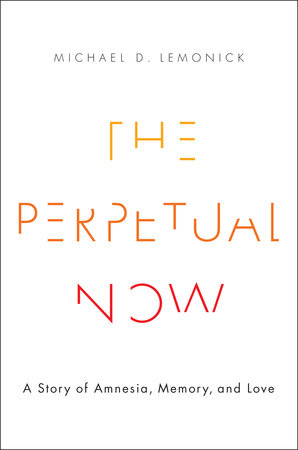
Our ‘flashbulb memories’ of shocking events like the Challenger disaster or 9/11 seem sharp but are almost always inaccurate
Scientists have long known that memory is unreliable. It isn’t like a video recorder, storing events faithfully for the future, as the experimental psychologist Elizabeth Loftus of the University of California, Irvine, likes to say. What we remember is usually based on what actually happened—but tainted by related information that we might have acquired days or even years later. We might talk over the event with friends, for example, mingling their own memories with our own. We might read about it. We might see a movie and subtly incorporate parts of the film into what we think we experienced firsthand.
That’s well established and it bears directly on one of the most discreditable episodes in social sciences, the claims made by the “recovered memories” movement, which wrecked lives and relationships based on a science folklore concept of how memory works.
Then we hear the dull thud of the DarwinatorTM at work:
That makes sense in evolutionary terms. Our memory systems weren’t designed by natural selection to help us tell precise stories, which would have had little survival value. They were designed to help us accumulate knowledge to make sense of the world and to navigate it better. The Challenger tragedy reminded the U.S. that space travel is incredibly dangerous. Pearl Harbor jolted Americans out of their isolationist complacency. When our brains update flashbulb memories, they become less accurate, but their essence remains very much intact. More.
Biophysicist Kirk Durston kindly writes to say, in the finely nuanced style characteristic of an outdoorsman,
This is utter drivel … ” Our memory systems weren’t designed by natural selection to help us tell precise stories, which would have had little survival value.”
What a joke! It is conjectured by someone who obviously has precious little experience in wilderness areas. I spend quite a bit of time in remote wilderness forests and navigate to or from camp by things like a ‘small swamp to the left’, an outcrop next to the big tree, and ’the stream that runs in that draw over there’, etc.
If evolving, primitive man couldn’t tell the difference between correct reality and imprecise memories, he’d be lost all the time and could never explain to someone else where camp is, or where the Moose tracks are.
Evolutionary story-telling gets pretty bad sometimes, much worse than an average novel one can buy at the store.
The story deteriorates especially quickly when it touches on the origin of anything that might be relevant to the development of language. Cf Tom Wolfe’s The Kingdom of Speech.
Note: Really, inaccurate memory is a much bigger mystery than accurate memory. A tape recorder’s virtue is that it never thinks. Understanding inaccurate memory might help us understand the mind better, but only if we are not principally interested in Darwinizing the account.
Philosopher Laszlo Bencze also wrote us, to offer:
So I’m reading the WSJ today. It’s Arts and Opinion section always has interesting stories. One of them is about how our memories of important events are tainted by other memories and are riddled with things that did not actually happen. I encounter this:
We might see a movie and subtly incorporate parts of the film into what we think we experienced firsthand. That makes sense in evolutionary terms. Our memory systems weren’t designed by natural selection to help us tell precise stories, which would have had little survival value. They were designed to help us accumulate knowledge to make sense of the world and to navigate it better.
So twice we encounter the word “design” with the clear implication that natural selection is an active, conscious, decision making agent. Natural Selection, an impersonal and random process, uses design in the normal of sense of “creating with a goal in mind.” The contradiction slips comfortably under the radar. It reinforces the agenda that evolution makes sense and explains everything. So what’s a little contradiction when we’re explaining the Truth? Only nut case Creationists and ID proponents could possibly object and who needs to pay them any mind?
It is not simply the topic at hand—imprecise memory—but rather how thoroughly Darwinian terms and Darwinian thinking have saturated our collective consciousness. The saturation is so complete that no one (other than curmudgeons like me) notices the obvious contradiction between Natural Selection as the sum total of all random events in the biosphere and Natural Selection as a conscious agent.
No fear, when the DarwinatorTM busts, WSJ will just order another one. Be sure no one will sit down and think about what they are thinking. Bad for the all-natural brain.
See also: Split brain does not lead to split consciousness?
and
Unravelling the recovered memories hysteria
Follow UD News at Twitter!